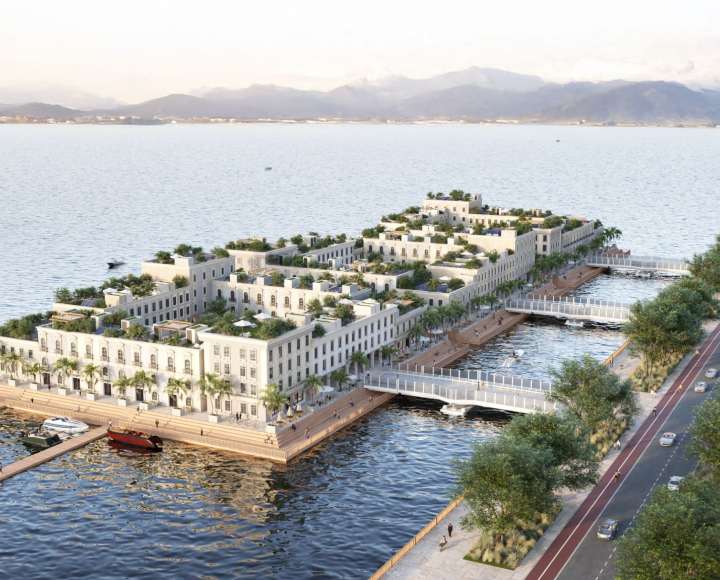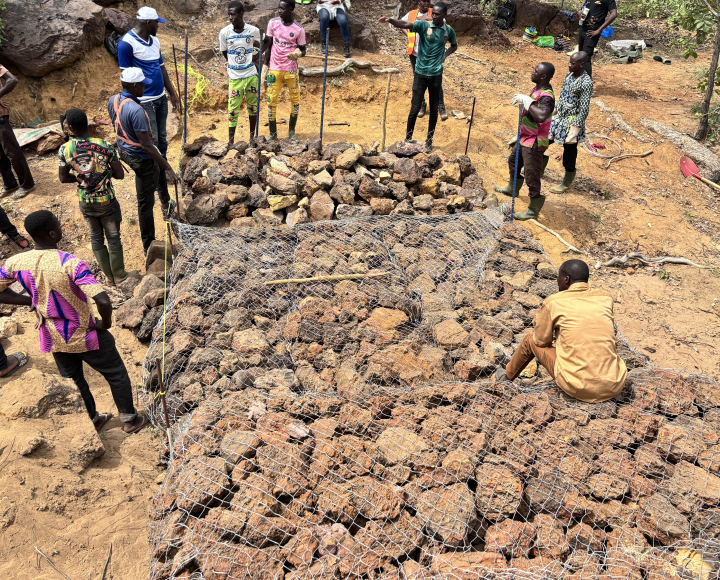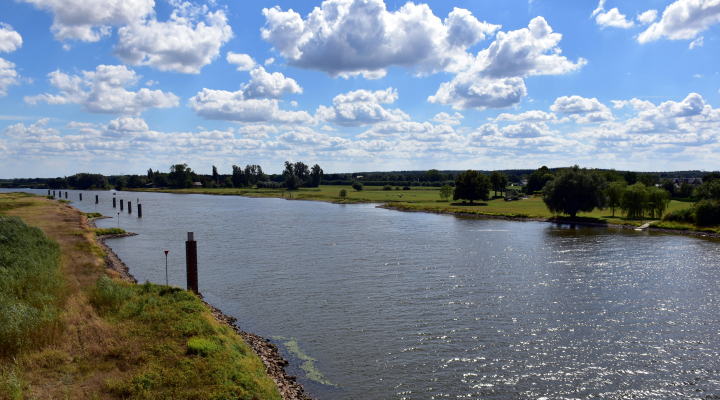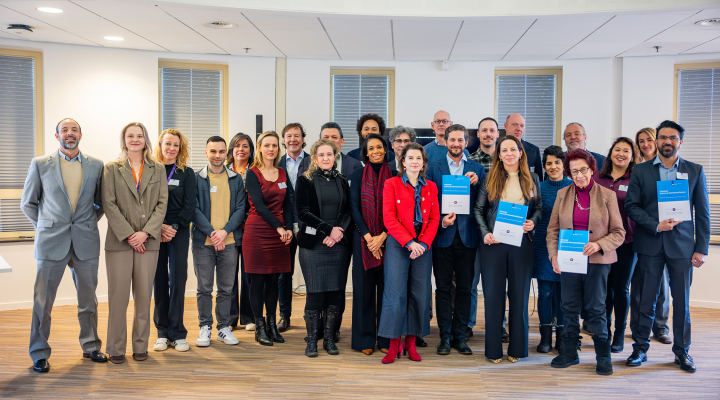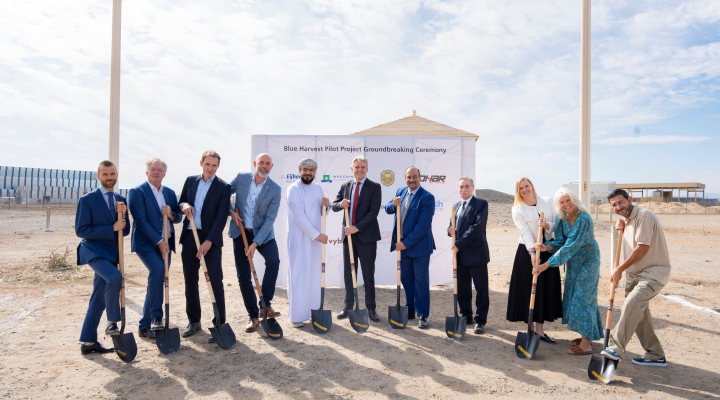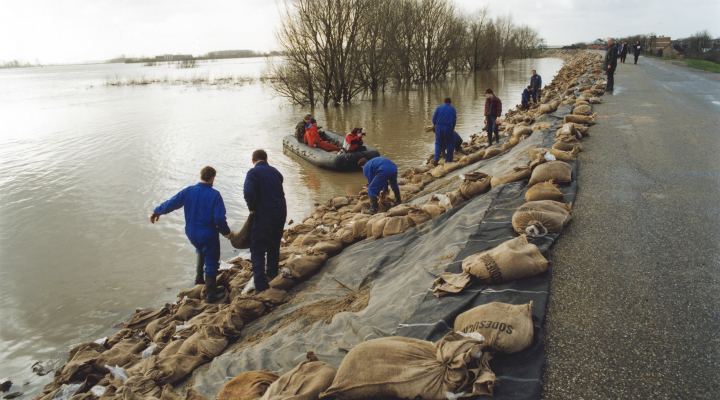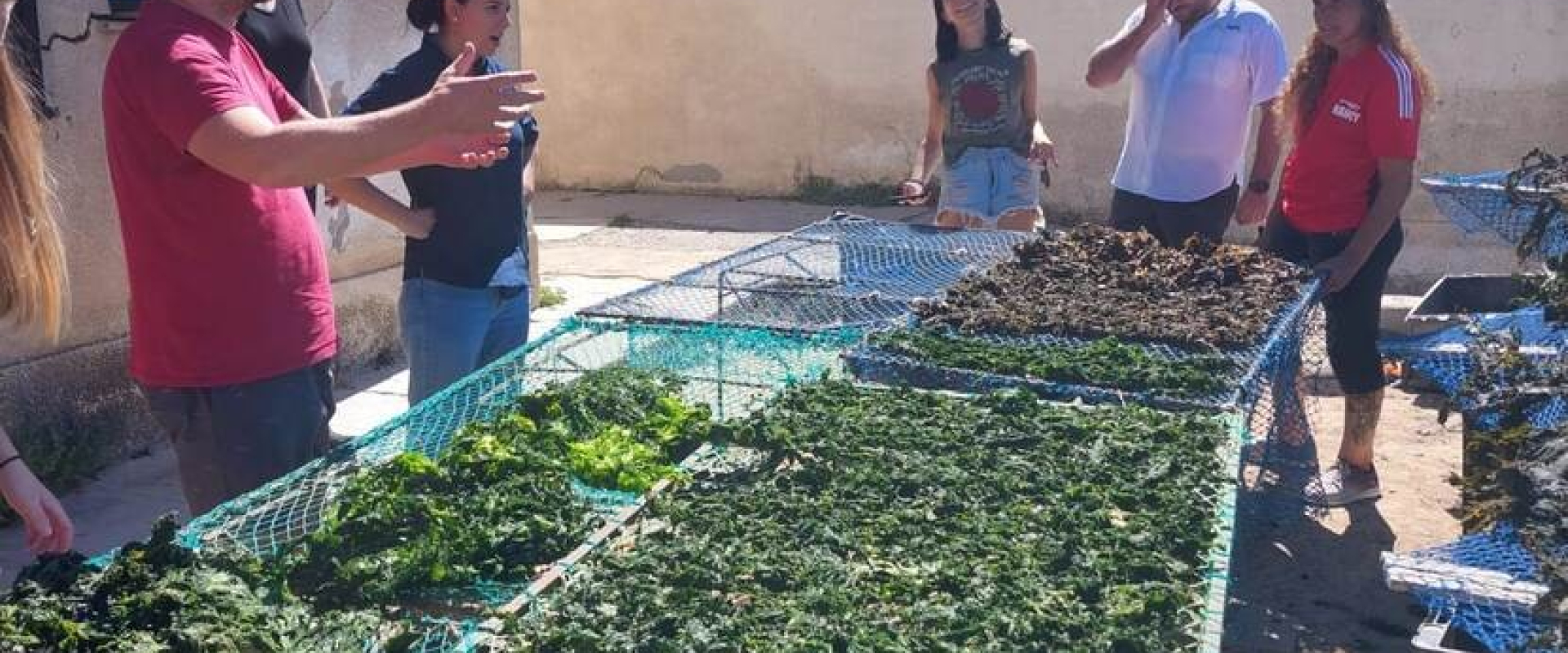
Tackling the interconnected challenges of water, biodiversity, and food systems in Argentina
As Argentina faces growing pressure on its natural resources, the Netherlands is partnering with the country on innovative projects that link water, biodiversity, and food systems. From marine ecosystems to forests and wetlands, Dutch expertise is combined with local knowledge to strengthen resilience and promote sustainable development across the South American nation. The bilateral partnership demonstrates how international cooperation can generate tangible solutions that safeguard biodiversity while supporting food systems and livelihoods.
Dutch-Argentina Partnership
The Netherlands has extensive experience in water management, food systems, and environmental sustainability – making it a valuable partner in addressing Argentina’s ecological challenges. The partnership is driven by the Netherlands Agricultural Network (LAN) Office Cono Sur, supported by the Dutch Ministry of Agriculture, Fisheries, Food Security and Nature (LVVN), at the Dutch Embassy in Buenos Aires and operates across several critical ecoregions. By connecting Dutch knowledge institutes, companies, and NGOs with local partners, projects are designed to combine scientific research with practical application. The joint efforts aim to strengthen biodiversity protection, improve water governance, and foster resilient agricultural practices. The projects aim to ensurethat economic growth and conservation go hand in hand.
Water, biodiversity, food systems
Argentina’s economy is deeply intertwined with biodiversity and water resources. Agriculture, fishing, and forestry are key drivers of GDP and exports, yet these sectors also put increasing pressure on ecosystems and freshwater supplies. This results in water scarcity, pollution, and flood risks – making water security a national priority. Through the LAN Office Cono Sur, Dutch and Argentine partners collaborate across critical ecoregions, addressing issues in marine environments, catchment areas, and peatlands.


Marine biodiversity and seaweed cultivation
Seaweed has long been part of Argentina’s coastal identity. Yet, despite significant market potential, production has sharply declined over the past two decades due to challenging conditions for artisanal fishers. At the same time, global demand for seaweed – used in food, feed, cosmetics, medicine, and biofuels – is rising rapidly. This increase in demand and decrease in production has put natural kelp forests under pressure.
To address this, the LAN Office Cono Sur launched a project under the LVVN’s Knowledge for Tomorrow programme. In early 2025, a dedicated mission to Patagonia brought together Dutch and Argentine experts to analyse marine systems, identify seaweed species of interest, and assess opportunities for sustainable cultivation along Argentina’s extensive Atlantic coastline.
Wageningen Marine Research, together with local knowledge institutions, NGOs, regional authorities, and commercial organisations from the seaweed and fishing industries, the initiative explores opportunities for large-scale sustainable cultivation. Field missions in Patagonia’s Santa Cruz and Chubut provinces have mapped native species, assessed ecological potential, and engaged local fishing families and entrepreneurs.
The project builds on Dutch expertise in aquaculture and marine research, while recognising the essential role of indigenous and local communities. By bridging knowledge and market gaps, it aims to revitalise Argentina’s seaweed sector, reduce pressure on natural habitats, and contribute to a more resilient and sustainable global aquaculture industry.
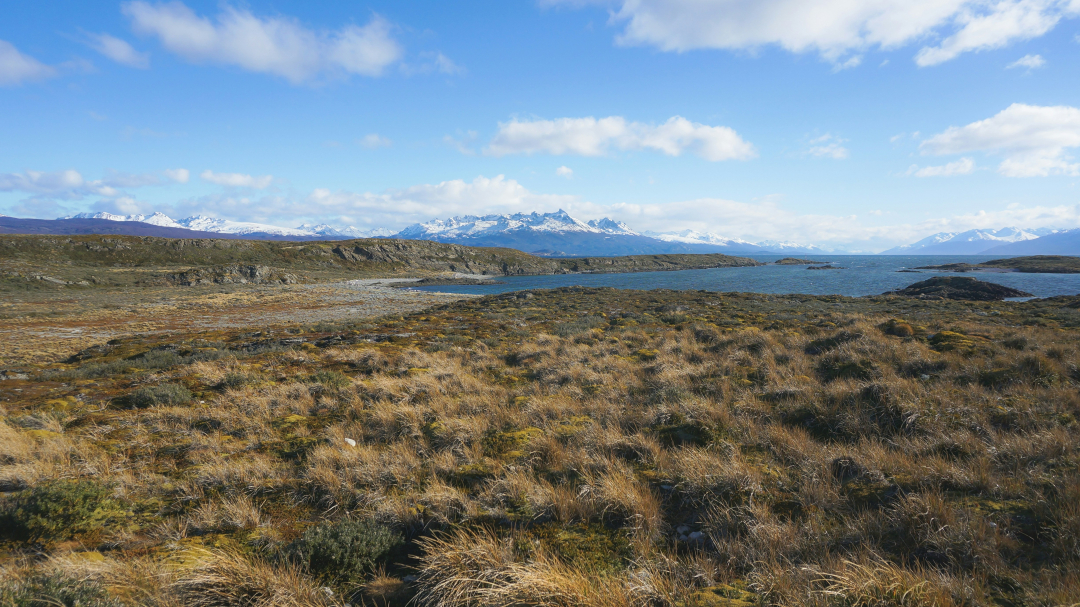

Patagonian peatlands
Patagonian peatlands are vital ecosystems for both climate and water security. They function as major carbon sinks, regulate hydrological cycles, and provide habitat for unique flora and fauna. Yet these wetlands face mounting threats from peat extraction, invasive beavers, and recurring fires. Degradation of these landscapes not only risks releasing vast amounts of stored CO₂ but also undermines local water regulation. The latter makes communities more vulnerable to climate impacts.
In collaboration with Dutch BD+P Architects & Planners and local partners, LAN Office Cono Sur has launched a cross-border programme to restore and protect the fragile, biodiversity-rich peatlands of the Argentina–Chile island of Tierra del Fuego. The initiative combines Dutch expertise in remote sensing, hydrological and landscape modelling with Indigenous knowledge and local research capacity. Two pilot sites form the starting point: in Ushuaia, Argentina, restoration of the Andorra-Este peatland focuses on rewetting degraded areas and regenerating native moss, thereby enhancing ecosystem services and water security. In Karukinka Park, Chile, activities centre on assessing and mitigating the impact of invasive beavers on peatland ecosystems, with a particular focus on water regulation and carbon storage.
By combining ecological restoration with innovative monitoring systems, the initiative aims to create scalable models for sustainable management of more than 80,000 hectares of Patagonian peatlands. This contributes directly to biodiversity protection, climate mitigation, and local water security.
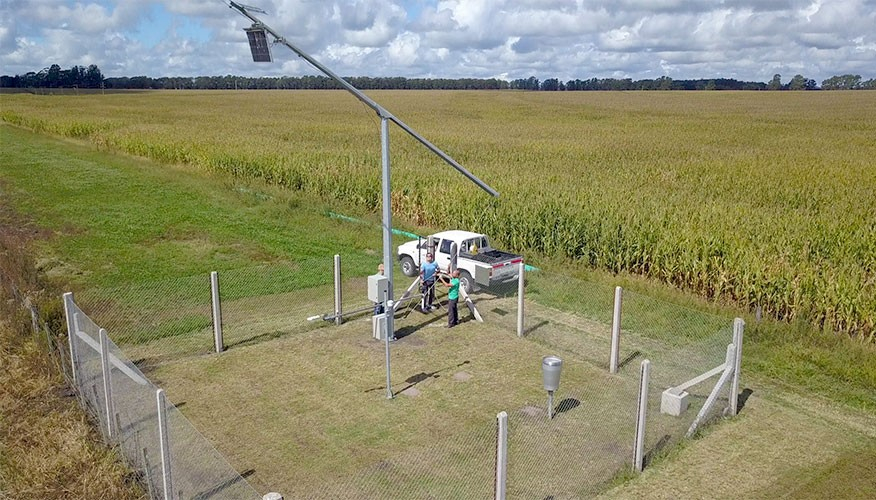

Blue Deal Argentina
In Buenos Aires Province, extreme weather events are placing water systems under increasing pressure. Flooding, seawater intrusion, and recurring droughts threaten both agricultural production and community resilience. To address these challenges, the Dutch Blue Deal programme has launched a long-term partnership with the Buenos Aires Province Water Authority and the waterboard of Breda. The Blue Deal is an international initiative of the Dutch water authorities aiming to give 20 million people worldwide access to clean, sufficient, and safe water by 2030.
The collaboration in Argentina covers a basin of around 12,000 km² – nearly one-third the size of the Netherlands – and promotes integrated, participatory water management. Within this framework, the Tandil–General Lavalle catchment has been designated as a test area. Here, local farmers, municipalities, and provincial authorities work together in Basin Committees to monitor water levels, develop groundwater and surface water models. They also address urgent issues such as cyanobacteria in lagoons.
This joint approach has already led to the creation of a new local water management organisation. This ensures that solutions are not only designed but also maintained and embedded in practice. By combining Dutch expertise in water governance with local knowledge, the Blue Deal project is building trust among stakeholders and laying the foundations for long-term water security in the region.
Other projects
Other projects within the Dutch - Argentina partnership include regenerative livestock farming in the Gran Chaco, where small producers adopt practices that strengthen the beef value chain while restoring native forests; regenerative livestock in Northern Patagonia, which pilots innovative rangeland management with smallholder families to regenerate soils and vegetation; and regenerative farming in savannas and grasslands, promoting agroforestry and native pasture rotations to protect biodiversity and create more resilient landscapes.
Impactful international partnership
The partnership and its projects highlight the multifaceted and impactful collaboration between Argentina and the Netherlands. By working together on critical challenges in water, biodiversity, and agriculture, both countries are achieving tangible results on the ground. The partnership shows how international expertise and local knowledge can be reinforced to build a more sustainable and resilient future.




